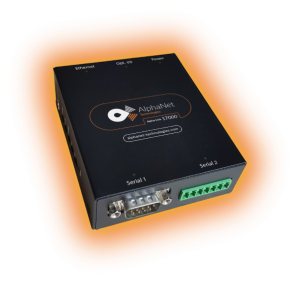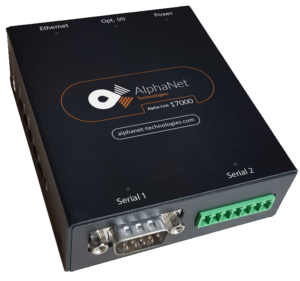Introduction to Modbus and Ethernet
Before diving into the world of Modbus to Ethernet converters, it’s essential to understand these two key concepts individually.
Understanding Modbus
Modbus is a communication protocol that allows different devices to communicate over the same network. Originated in 1979, it’s widely used in industries for automation and process control.
Understanding Ethernet
Ethernet, on the other hand, is a family of computer networking technologies commonly used in local area networks (LANs) and metropolitan area networks (MANs). It is the most widely installed LAN technology.
The Importance of Modbus to Ethernet Converters
So, why do we need Modbus to Ethernet converters?
Improving Communication Speed
First, Ethernet provides much faster data transmission speeds than traditional Modbus networks, enabling real-time access to the data.
Bridging the Gap between Old and New Technologies
Moreover, they allow us to bridge the gap between legacy Modbus devices and modern Ethernet networks, extending the life of valuable industrial equipment.
How Modbus to Ethernet Converters Work
So how does this conversion process work?
Modbus to Ethernet Conversion Process
Essentially, a Modbus to Ethernet converter captures Modbus RTU/ASCII commands from a serial line, encapsulates them into Ethernet packets, and sends them to the Ethernet network.
The Role of Modbus TCP/IP
On the other side, Modbus TCP/IP, a variant of the Modbus family, plays a crucial role. It takes the Modbus RTU message structure and wraps it in a TCP/IP wrapper to be sent over Ethernet.
Different Types of Modbus to Ethernet Converters
There are various types of Modbus to Ethernet converters available in the market, each designed to cater to specific industrial needs.
Choosing the Right Modbus to Ethernet Converter
Here’s what to look for when choosing a converter:
Compatibility
The converter should be compatible with both your Modbus and Ethernet devices.
Robustness and Durability
The industrial environment can be harsh. Therefore, the converter should be robust and durable enough to withstand it.
Ease of Use
An intuitive, user-friendly interface is also crucial for efficient installation and operation.
The Future of Modbus to Ethernet Converters
So, what does the future hold for Modbus to Ethernet converters?
Increasing Automation
As automation in industries increases, the demand for these converters is likely to rise.
Emergence of IoT
The IoT revolution will also boost their significance as they can help integrate industrial devices into the world of IoT.
Conclusion
Modbus to Ethernet converters serve as vital links between old and new technologies. Understanding them is a stepping stone to the world of industrial automation.
FAQs
1. Can Modbus to Ethernet converters work with any Modbus device?
Yes, as long as the device uses standard Modbus RTU or ASCII protocols.
2. Can I use a Modbus to Ethernet converter in a harsh environment?
Yes, most converters are designed to withstand harsh industrial environments.
3. What kind of Ethernet network can I connect my Modbus device to using a converter?
You can connect to any standard Ethernet TCP/IP network.
4. How do I set up a Modbus to Ethernet converter?
The exact process may vary depending on the model, but generally, it involves connecting the converter to your devices and setting up the configuration via a web interface or software.
5. How can a Modbus to Ethernet converter benefit my business?
It can enhance communication speed, allow integration with modern networks, and extend the life of your Modbus devices.
conversor modbus


